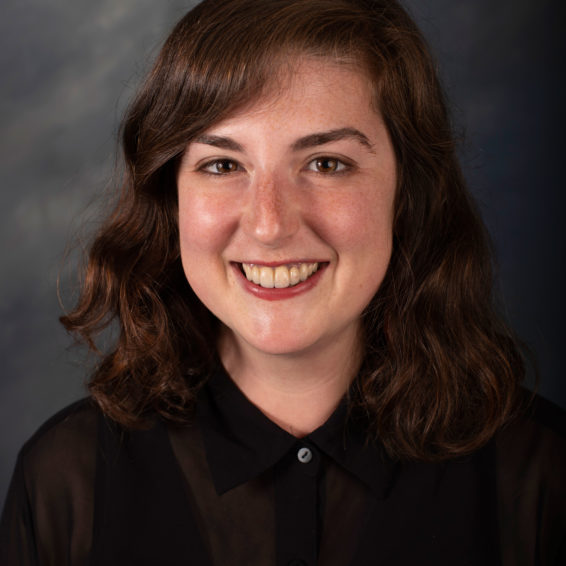Expanding Access to Justice in Eviction and Family Law (809L)
This policy lab will launch a significant collaboration between the Los Angeles Superior Court — the largest court in the U.S., serving a population of 10 million — and a Stanford research team from the Deborah L. Rhode Center on the Legal Profession and the Legal Design Lab. Students will work with senior court leaders and the Stanford team to understand the barriers and challenges court users face in eviction and family law matters (Winter Quarter), and then develop an actionable, evidence-based blueprint for an end-to-end process and digital pathway to promote access to justice that can be piloted and evaluated (Spring Quarter).
The American civil justice system is in crisis. In roughly three-quarters of the 15 million civil cases filed in America’s state courts each year, at least one side lacks a lawyer. Many of these cases involve significant, life-altering matters: debt collection actions, evictions, and family/domestic disputes. Such large, systemic gaps in access to legal services limit who can meaningfully participate in court proceedings, magnifying disparities based on income, education, race, gender, and ethnicity. While the access to justice crisis has many causes, there is mounting evidence that a core part of the problem is the courts themselves. Many courts are difficult to navigate without a lawyer, with inscrutable forms, arcane terminology, and outdated filing systems and requirements. The result is that many people do not engage with the court at all, instead suffering default judgments. And while many courts offer a variety of in-person and digital services to people who need assistance, those services are often hard to access, kludgy, and disconnected.
This policy lab will be the first in a series of two, with a second offering in Spring Quarter. During Winter Quarter, students will work with the court to study barriers to litigant access and engagement using mixed-method quantitative and qualitative analysis. Students will analyze existing court data to understand procedural patterns and litigant needs, and they will also help collect new data through surveys, interviews, and focus groups with court users and personnel. This diagnostic work will include opportunities to travel to Los Angeles. Students in the Spring Quarter will use the learnings to design a pilot for a new, end-to-end process that can improve court users’ participation rates, their engagement, their sense of procedural justice, and their substantive justice outcomes.
The practicum will be led by Professor David Freeman Engstrom, Co-Director of the Deborah L. Rhode Center on the Legal Profession and Margaret Hagan, Executive Director of the Stanford Legal Design Lab. We hope to draw students from a variety of disciplines from around the University. Technical or data science expertise is welcome but not required. Students need not take both the Winter and Spring quarter practicums, though they are welcome to do so. Law students wishing to undertake R credit will perform additional research or take on additional tasks analyzing the issues and results of the collective research. R credit is possible only by consent of the instructor. After the term begins, and with the consent of the instructor, students accepted into the course may transfer from section (01) into section (02), which meets the R requirement.
Elements used in grading: Attendance, Performance, Class Participation, Written Assignments.
Policy Client: Los Angeles Superior Court.
CONSENT APPLICATION: To apply for this course, students must submit a Consent Application Form at SLS Registrar https://registrar.law.stanford.edu/. See the Consent Application Form for instructions and the submission deadline.


